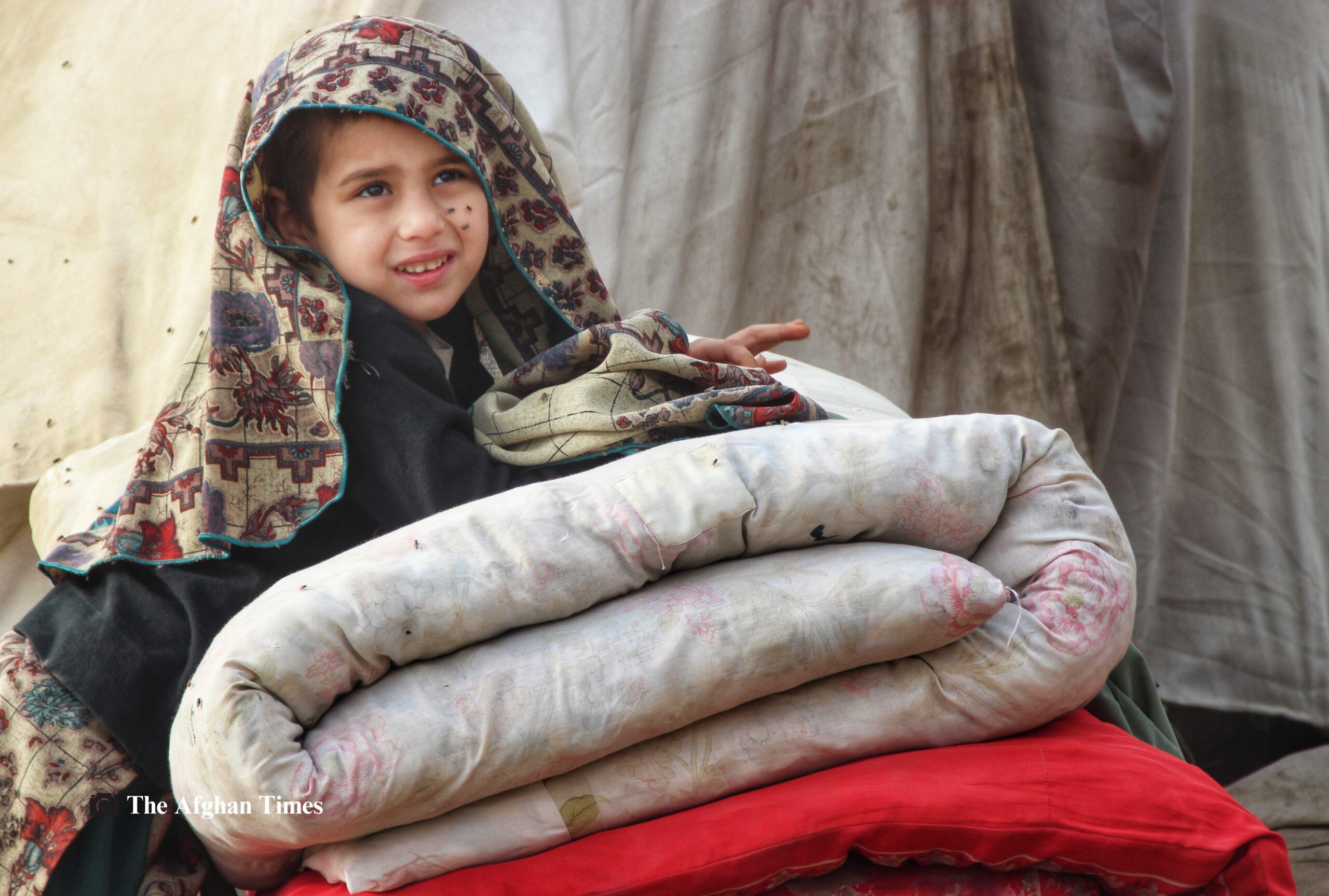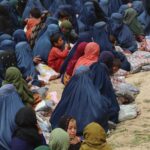Parisa had always thought of Pakistan as a temporary refuge. After fleeing Afghanistan in 2023, she believed that Islamabad could offer a safe haven from the Taliban’s wrath. As a journalist and women’s rights activist, she had spent years speaking out for Afghan women, and that made her a target.
In late 2024, that sense of safety began to crumble. The fear of police raids swept through the Afghan migrant community. The knock at the door no longer signaled an ordinary visitor, but the threat of arrest and deportation.
For Parisa, it became a terrifying reality one evening in December. The police arrived at her apartment, demanding that she step outside. She showed them her documents—valid, government-issued papers proving her legal status in Pakistan—but it didn’t matter. “They didn’t even glance at them,” Parisa said.
“They told me, ‘You’re Afghan. You don’t belong here. You need to leave.”
Parisa
Despite her legal right to remain in the country, Parisa was detained. Her three days in a small, overcrowded detention center were filled with fear. The police made it clear that they didn’t care about her documentation, and deportation loomed as an imminent threat. “Going back to Afghanistan means death,” she said.
“The Taliban will kill me if I return. I have no place to go now.”
Parisa
Parisa’s experience is far from unique. Afghan migrants across Pakistan are now living in constant fear as authorities ramp up raids, arrests, and deportations. Many are being forcibly sent back to Afghanistan, even if they hold valid legal documents issued by Pakistan’s Ministry of Interior.
Witnesses describe house-to-house searches, with police rounding up Afghan nationals, including women and children, and disregarding any official confirmation papers. “They treat us like criminals,” one migrant said. “It doesn’t matter if we have legal status. They take us anyway.”
In Islamabad’s B-17 area, a recent video showed an Afghan woman and her child being dragged into a military vehicle, despite their legal presence in the country. The video has since gone viral, shedding light on the increasing violence and indiscrimination faced by Afghan migrants.
The Most Vulnerable: Women Activists and Journalists
Among those most at risk are Afghan women journalists and activists, many of whom fled Afghanistan after the Taliban took over in 2021. These women, who had been vocal about human rights and women’s rights, now face the terrifying prospect of being sent back to a country where they could be killed for their activism.
“Pakistan was supposed to be a safe place,” Parisa said, reflecting the growing sentiment among many Afghan women. “Now, we fear for our lives here just as much as we did in Afghanistan.”
Rising Deportations
Pakistan, which has long been a refuge for Afghan refugees, is now aggressively deporting migrants due to increasing political and economic pressures. The International Organization for Migration (IOM) reports that nearly 800,000 Afghan nationals were deported or forced to return between September 2023 and December 2024.
Human rights advocates argue that these actions violate international law, which mandates protection for refugees fleeing danger. “Even those with valid visas are being detained and deported,” said Mohsin Dawar, a former member of Pakistan’s National Assembly. “This is a clear violation of their rights.”
Calls for Global Intervention
The international community is being urged to act. Human rights groups are calling on Pakistan to halt the deportations and respect its obligations to protect refugees under international law. Advocates are also calling for increased humanitarian aid and resettlement programs to assist the growing number of at-risk Afghan refugees.
“Afghan refugees risked everything for freedom and democracy,” said a representative from the Afghan community based in Pakistan. “The world must not abandon them now.”
A Closing Window
As winter sets in, the urgency grows. For Afghan refugees like Parisa, the stakes are life and death. With deportations intensifying and the Taliban’s reach expanding, the international community must act swiftly to protect those who have already risked everything in pursuit of freedom.








